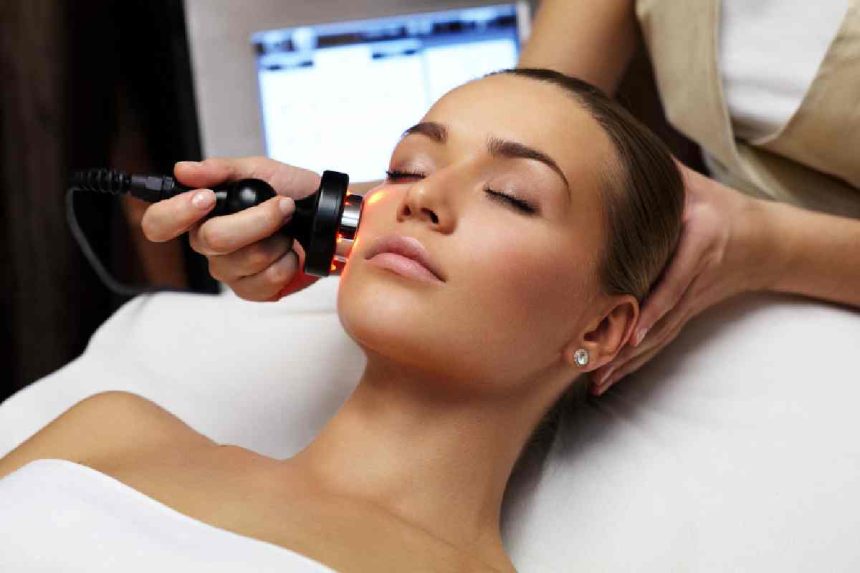Are you wondering if you can enjoy the same benefits as others who use laser skin treatments? Do you want to know the impact of laser treatments to your type of skin? If you are searching for a suitable way to treat your type of skin, here is a carefully crafted article to guide you through this endeavour.
Different Reactions of Skin to Laser or Sunlight
If you want to figure out if a laser treatment is safe for your skin tone, you can rely on the Fitzpatrick scale. This will help you determine how your skin can react to this type of treatment. Basically, there are six types of skin based on the scale provided. This ranges from very pale to very dark, which react to sunlight and laser treatments differently.
Therefore, if your skin is categorised from type one to three, you can use most laser treatments safely. However, you need to avoid too much exposure to the sun after the treatment. On the other hand, if your skin is categorised from type four to six, you may use lasers that will not cause pigmentation issues, burns, or scarring.
How Laser Treatments Work for Your Skin
Laser treatments work on your skin by focusing light energy to target any skin concerns. How a laser affects your skin depends on its wavelength and skin type.
It works through the absorption of a specific laser wavelength in your skin. The damage will be controlled, so it heats or destroys targeted cells without harming their surrounding tissues. After the process, your skin will repair itself by producing new collagen, reducing pigmentation, or removing tissues being damaged.
Finding a Suitable Laser Treatment Option
You have to determine if the laser treatment available is safe for the type of skin that you have. But first, you have to consult a specialist who can assess your skin type, condition, and medical history. A dermatologist or laser specialist can help you identify your skin type, or you can consult the Fitzpatrick table to predict how your skin responds to laser treatment. Note that darker skin tones may require specific lasers so that you may avoid pigmentation issues.
Likewise, you have to understand your condition because your skin may not be suitable for certain laser treatments. Therefore, you should avoid laser treatment if you have acne, eczema, or psoriasis. There are also contraindications that you need to pay attention to. These may include pregnancy, recent tanning, or certain medications. Some autoimmune disorders may also increase the risks.
So, before you engage in any laser treatment, you need to ask about potential side effects. These may include hyperpigmentation, redness, or swelling. You may do a patch test first if you like. This may put a small area of your skin to a test to determine how it can react to sunlight or certain laser treatment.
Find out how laser in Rouse Hill will work for your type of skin by giving us a call. We are here to support you because we want you and your skin to look and feel fantastic. Book a complimentary consultation with us today!






